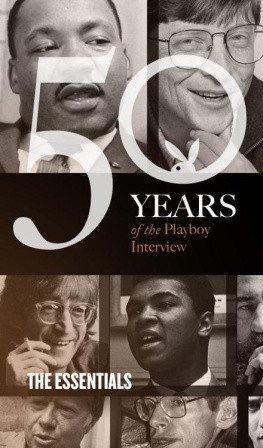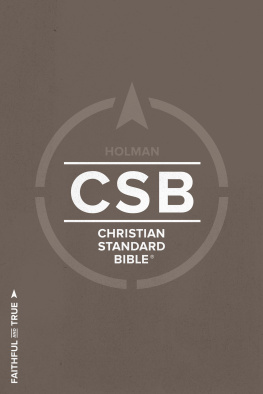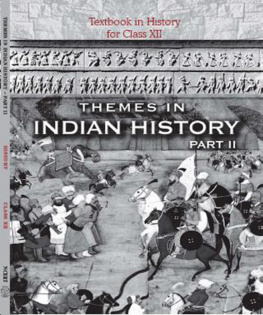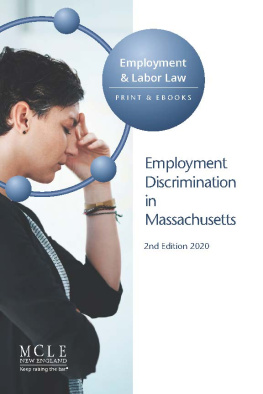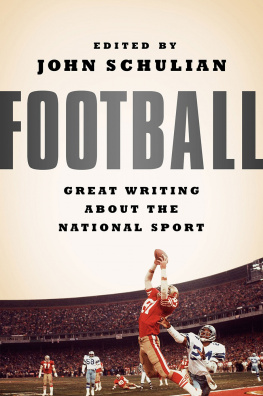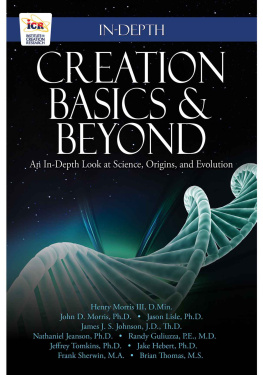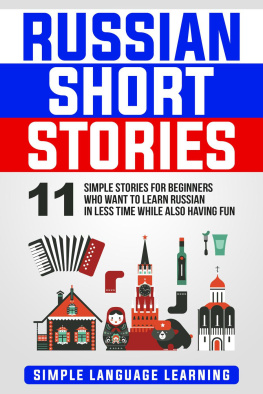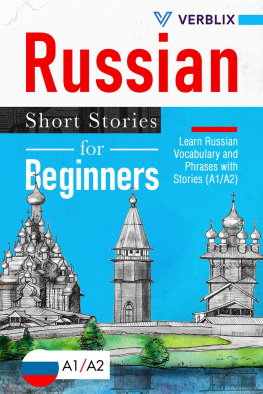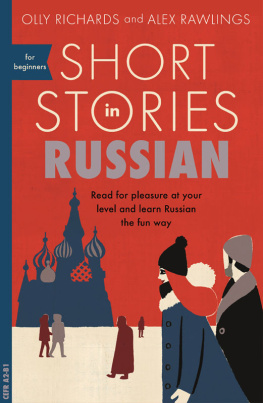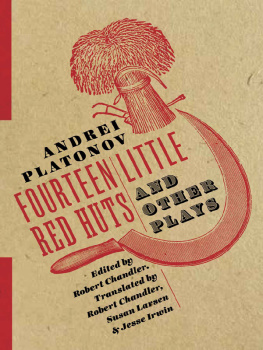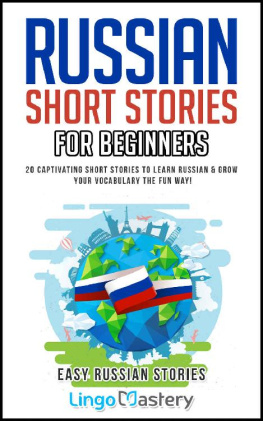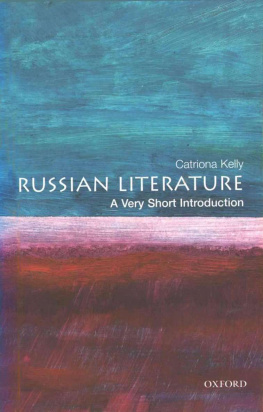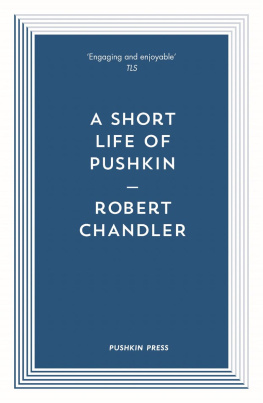
RUSSIAN SHORT STORIES FROM PUSHKIN TO BUIDA
ROBERT CHANDLER has translated Sappho and Guillaume Apollinaire for Everyman's Poetry. His translations from Russian include Aleksandr Pushkin's Dubrovsky, Nikolay Leskov's Lady Macbeth of Mtsensk and Vasily Grossman's Life and Fate. With his wife Elizabeth and other colleagues he has co-translated numerous works by Andrey Platonov; Soul won the 2004 American Association of Teachers of Slavic and East European Languages award for best translation from a Slavonic language; Soul and Happy Moscow were both shortlisted for the Weidenfeld European Translation Prize; The Macedonian Officer won second prize in the 2004 John Dryden Translation Prize.
Russian Short Stories from Pushkin to Buida
Edited and translated by
ROBERT CHANDLER
PENGUIN BOOKS
PENGUIN BOOKS
Published by the Penguin Group
Penguin Books Ltd, 80 Strand, London WC2R 0RL, England
Penguin Group (USA) Inc., 375 Hudson Street, New York, New York 10014, USA
Penguin Group (Canada), 90 Eglinton Avenue East, Suite 700, Toronto, Ontario, Canada M4P 2Y3
(a division of Pearson Penguin Canada Inc.)
Penguin Ireland, 25 St Stephen's Green, Dublin 2, Ireland (a division of Penguin Books Ltd)
Penguin Group (Australia), 250 Camberwell Road, Camberwell, Victoria 3124, Australia
(a division of Pearson Australia Group Pty Ltd)
Penguin Books India Pvt Ltd, 11 Community Centre, Panchsheel Park, New Delhi 110 017, India
Penguin Group (NZ), cnr Airborne and Rosedale Roads, Albany, Auckland 1310, New Zealand
(a division of Pearson New Zealand Ltd)
Penguin Books (South Africa) (Pty) Ltd, 24 Sturdee Avenue, Rosebank, Johannesburg 2196, South Africa
Penguin Books Ltd, Registered Offices: 80 Strand, London WC2R 0RL, England
www.penguin.com
This collection first published in Penguin Classics 2005
The Acknowledgements () constitute an extension of this copyright page
Introductory material and notes copyright Robert Chandler, 2005
Introductory material to Krzhizhanovsky and Dovlatov copyright Joanne Turnbull, 2005
All rights reserved
The moral right of the translators and editor has been asserted
Except in the United States of America, this book is sold subject to the condition that it shall not, by way of trade or otherwise, be lent, re-sold, hired out, or otherwise circulated without the publisher's prior consent in any form of binding or cover other than that in which it is published and without a similar condition including this condition being imposed on the subsequent purchaser
978-0-14-191024-6
Contents
Chronology
1703 Peter the Great founds St Petersburg.
1799 Birth of Aleksandr Sergeyevich Pushkin.
1812 Napoleon captures Moscow, but is forced to retreat.
1825 Decembrist Revolt: an unsuccessful coup by liberal members of the aristocracy. Tsar Nicholas I comes to the throne.
1833 Pushkin publishes Yevgeny Onegin.
1837 Death of Pushkin.
1840 Publication of Lermontov's A Hero of Our Time. He is killed in a duel the following year.
1842 Publication of Gogol's Dead Souls and The Greatcoat.
1852 Publication of Turgenev's A Hunter's Notebook.
18536 The Crimean War, which ends in Russia's defeat.
1861 Emancipation of the serfs.
18659 Publication of Tolstoy's War and Peace.
187980 Publication of Dostoyevsky's The Brothers Karamazov.
1881 Aleksandr II assassinated by members of the terrorist Narodnaya Volya (People's Will) organization. Leskov publishes The Steel Flea.
1891 Beginning of construction of Trans-Siberian railway.
1898 A revival of Chekhov's The Seagull is the main event in the opening season of the newly founded Moscow Arts Theatre.
1905 Russia is defeated in a war against Japan. The 1905 Revolution is defused by liberal reforms. Russia becomes, in principle, a constitutional monarchy.
1910 Tolstoy's funeral is attended by several thousand people.
1914 Beginning of First World War. St Petersburg is given the more Russian-sounding name of Petrograd.
1916 Murder of Rasputin, a self-styled holy man who exercised a malign influence on the Tsar and his family.
1917 Nicholas II abdicates after February Revolution. Workers soviets (i.e., councils) are set up in Petrograd and Moscow. Lenin and his Bolshevik Party seize power in October.
191821 Russian Civil War. After 1919: Emigration of much of the upper and middle class, including Bunin, Nabokov and Teffi.
1924 Death of Lenin. Petrograd is renamed Leningrad. Stalin begins to take over power. First publication (in English translation) of Zamyatin's We.
1926 Babel's Red Cavalry first published in book form.
1927 Publication of Zoshchenko's Nervous People.
1929 Collectivization of agriculture begins.
1932 Foundation of Union of Soviet Writers.
1933 Nobel Prize is awarded to the migr Ivan Bunin.
19349 The great purges. At least a million people are shot and several million sent to the Gulag.
1939 StalinHitler pact. Beginning of Second World War. Kharms completes The Old Woman.
1941 Hitler invades the Soviet Union. Leningrad is blockaded and Moscow under threat.
1945 End of Second World War.
1946 Control over the arts is tightened. Akhmatova and Zoshchenko are expelled from the Writers Union. Platonov's The Return is also fiercely criticized.
1953 Death of Stalin. Khrushchev begins to seize power.
1956 Khrushchev denounces Stalin at twentieth Party Congress. Shalamov returns to Moscow, one of several millions released from the camps. Start of more liberal period known as The Thaw.
1958 Publication abroad of Doctor Zhivago. Under pressure from the Soviet authorities, Pasternak declines Nobel Prize.
1962 Publication of Solzhenitsyn's One Day in the Life of Ivan Denisovich.
1964 Fall of Khrushchev.
19667 First publication of Bulgakov's The Master and Margarita (written in the 1930s).
1974 Solzhenitsyn deported after publication in the West of The Gulag Archipelago. Shukshin dies of a heart attack; his film Snowball Berry Red enjoys huge success.
1985 Mikhail Gorbachev comes to power. Beginning of the period of liberal reforms known as perestroika; the next few years see the first publication in Russia of major works by Kharms, Grossman, Nabokov, Platonov, Shalamov, Solzhenitsyn and many others.
1989 Fall of Berlin Wall and reunification of Germany.
1991 Boris Yeltsin becomes President of the Russian Federation. Collapse of Soviet Union.
1994 Solzhenitsyn returns to Russia.
2000 Vladimir Putin elected President of the Russian Federation.
Introduction
The roots of literature lie in song, prayer and story. For all its sophistication, Russian literature is relatively young and therefore closer to these roots than the literature of Western Europe. Aleksandr Pushkin absorbed Russian folklore from a peasant housekeeper; the anekdot, usually a political story-cum-joke, was an important art form in the Soviet Union; and Russians still sing and recite poetry on social occasions. It is not surprising that both poems and short stories continue to have a central place in Russian literature; the English, in contrast, tend to pay only lip service to the importance of poetry and to look on the short story as a minor genre, something for an apprentice to cut his teeth on before the serious work of writing a novel.


